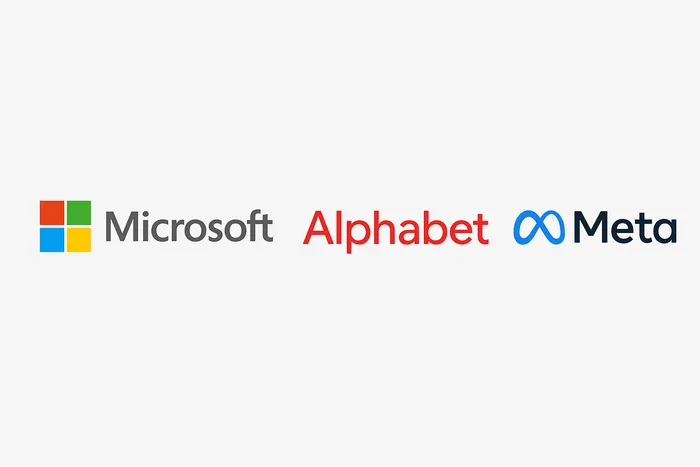
.
Image: AI
The latest earnings season confirmed what Silicon Valley insiders have known for months: the world’s largest tech companies are going all-in on artificial intelligence, and the price tag is staggering.
Microsoft, Alphabet, and Meta Platforms each reported record-high capital expenditures this week, signalling a new phase of the AI arms race.
But beneath the massive infrastructure build-out lies a quieter tension: how to fund this AI future without alienating investors or hollowing out their workforces.
Microsoft’s quarterly report showcased the scale of its ambition.
The company spent $34.9 billion in capital expenditures, up 74% year-over-year, much of it directed toward new data centres and AI infrastructure.
Chief Executive Officer (CEO) Satya Nadella referred to Microsoft’s data centres as “AI factories,” designed to power everything from Copilot to Azure’s next-gen AI workloads. But with growth comes growing pains. After cutting around 6,000 jobs earlier this year, Microsoft didn’t announce new layoffs in this earnings report, yet analysts remain cautious.
With such heavy investment, margin pressure is rising, and cost discipline will be a recurring theme as the company pours billions into generative AI.
Google’s parent company, Alphabet, announced this week that it raised its 2025 capital expenditure outlook to between $91 billion and $93 billion, up from roughly $75 billion just months ago.
That’s one of the largest single-year infrastructure spending increases in company history.
Much of this spend targets AI-specific data centres, custom chips, and cloud expansion. CFO Ruth Porat emphasised “responsible scaling,” noting that Alphabet’s robust cash flow gives it more flexibility than many peers.
Still, Alphabet’s growth story is starting to look more like Microsoft’s: massive front-loaded AI investment with potential ripple effects on efficiency and workforce structure.
Meta’s third-quarter results underscored CEO Mark Zuckerberg’s relentless pivot toward AI, and the price of that ambition.
The company raised full-year capital spending guidance to $72 billion, warning investors that 2026’s number will be “notably larger.”
At the same time, Meta confirmed the layoff of 600 employees in its AI division, a move designed to “streamline and refocus” its sprawling AI operations.
The paradox is striking: as Meta scales up its computing backbone, it’s also tightening its organisational belt.
The company’s ultimate goal? Building what Zuckerberg calls “superintelligence,” Meta’s long-term project is to create a unified AI platform that spans social, enterprise, and consumer experiences.
Across the board, tech’s most valuable companies are making the same high-stakes calculation: spend big now, and hope the returns come later. Combined, Microsoft, Alphabet, and Meta are on track to invest more than $200 billion in AI infrastructure over the next year alone.
But those billions come with a human cost.
Job cuts, whether targeted or systemic, are becoming the quiet companion to the AI boom.
As companies redirect budgets toward chips, servers, and data centres, traditional roles in operations, marketing, and even engineering are under renewed scrutiny or threat.
If 2023 was the year of AI hype, 2025 is the year of AI scale and financial reckoning.
Big Tech’s latest results reveal a new industrial revolution playing out in real time: one powered not by oil or electricity, but by compute power and code. For now, Wall Street seems to approve. But if these massive AI bets don’t start showing returns soon, the next wave of cuts might extend far beyond the data centre.
